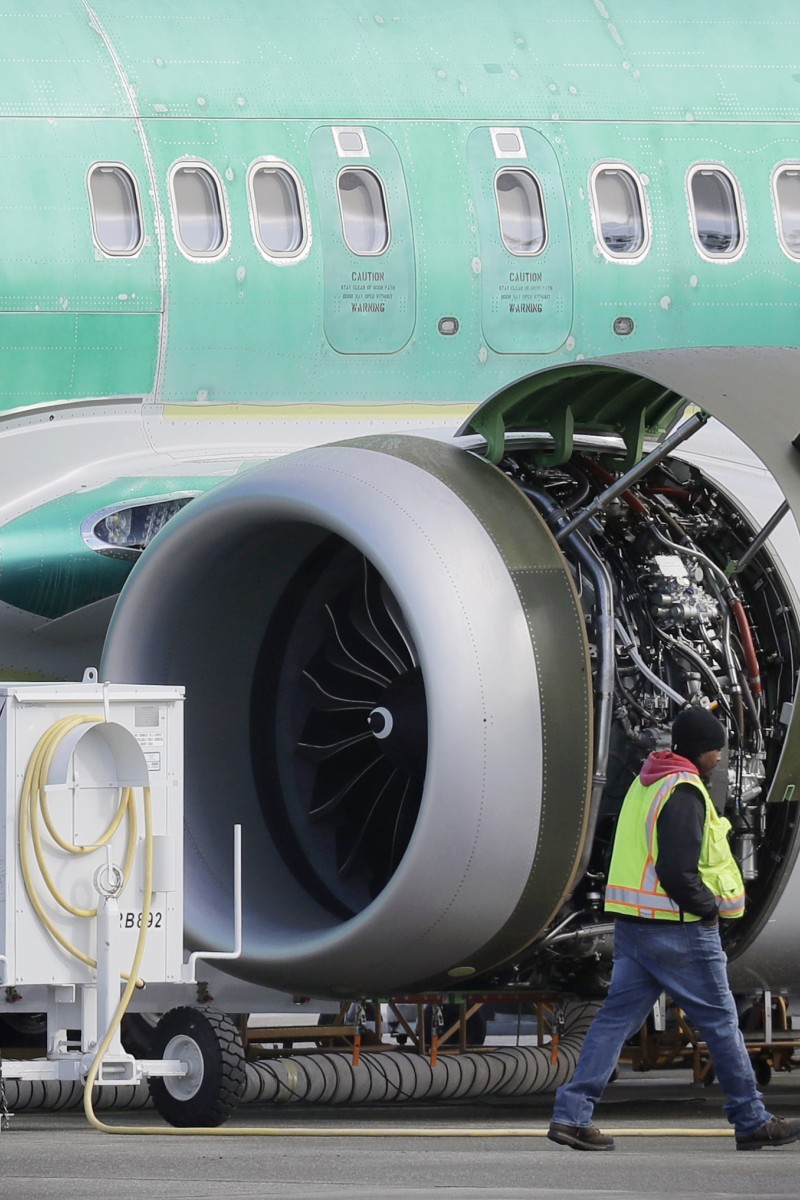
Listen to this article
The US Transportation Department is probing the Federal Aviation Administration's approval of the jumbo jet after it was involved in two crashes
Bloomberg
|
Published:
Sign up for the YP Teachers Newsletter
Get updates for teachers sent directly to your inbox
By registering, you agree to our T&C and Privacy Policy
Sign up for YP Weekly
Get updates sent directly to your inbox
By registering, you agree to our T&C and Privacy Policy